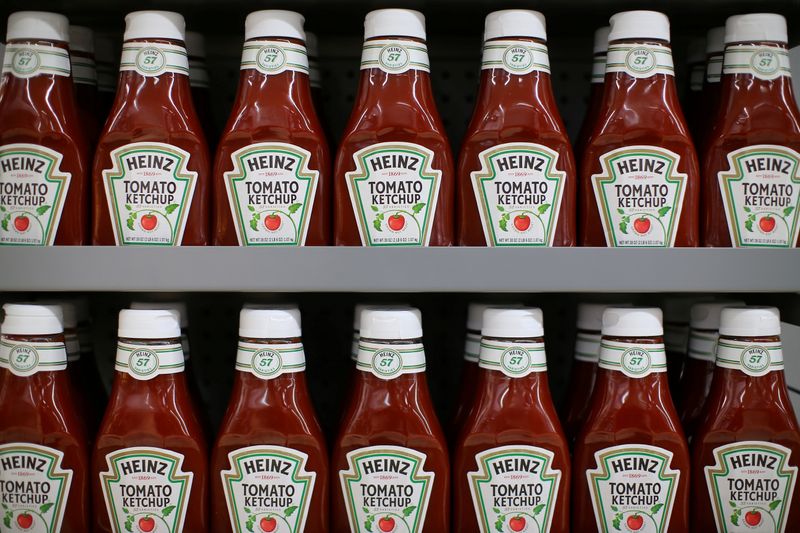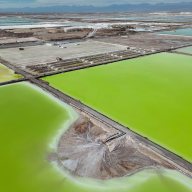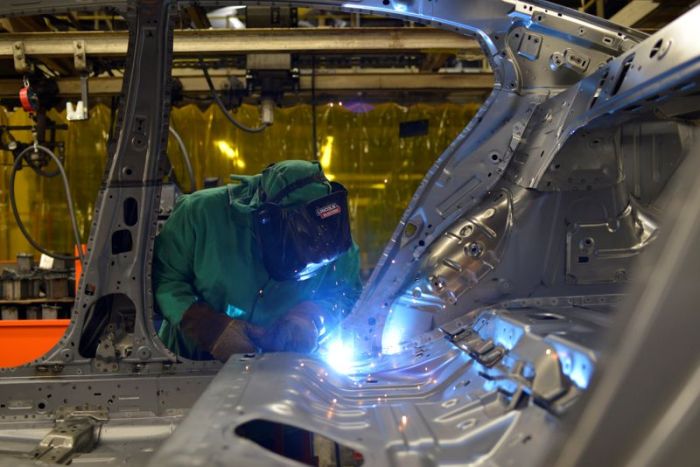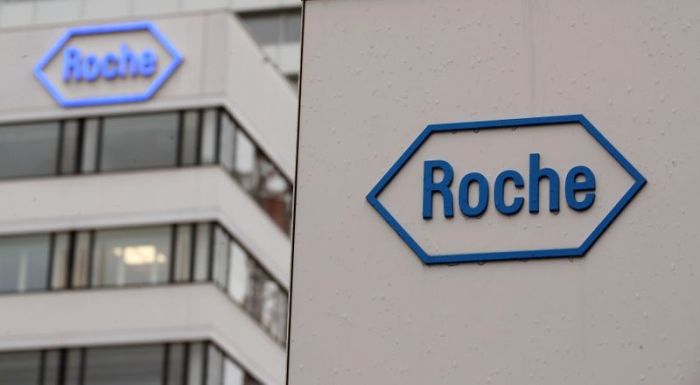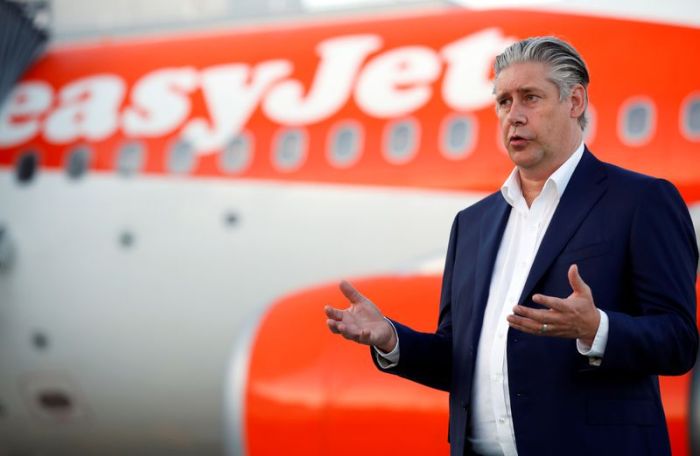CHICAGO (Reuters) – Kraft Heinz Co <KHC.O> on Tuesday said it would sell its natural cheese business to French dairy company Groupe Lactalis for $3.2 billion, step up its marketing budget and overhaul its supply chain, hoping to save $2 billion by 2024 and halt weak sales and brand deterioration.
The company also forecast better-than-expected sales for the year, sending shares of Kraft Heinz up about 1% in afternoon trading.
Packaged food companies like Kraft Heinz and Campbell Soup <CPB.N> that market canned food and salty snacks have for years faced a perception that their products are unhealthy. At the same time, the industry is battling aggressive competition from cheaper private-label brands from Walmart <WMT.N> and Kroger <KR.N>.
At its virtual investor day, Chicago-based Kraft Heinz said it would now manage its business by distributing brands among six platforms built around the occasions people consume Kraft products and the foods they are paired with. The company previously managed its business as 55-plus categories, which created complexities.
For example, the company’s biggest platform will be called “Taste elevation,” which will include brands such as Heinz Ketchup, Master and ABC, which as sauces and condiments add “increased taste and texture” to regular foods. Other platforms include “easy meals made better” for products such as Mac & Cheese, and “Flavorful Hydration” for its Capri sun type drinks.
Kraft also plans to increase spending on marketing by 30% to just over $1.4 billion, a move many shareholders have hoped for since media and advertising veteran Miguel Patricio took over as chief executive in July 2019. Shares of Kraft Heinz have risen 4.6% since then.
“Kraft Heinz has played defense for far too long … but now we are moving to offense. We are making decisions to win big,” Patricio said during the presentation – his first major strategic update, which was initially planned for the spring but was pushed to September due to the coronavirus pandemic.
The company also announced that it would sell its natural, grated, cultured and specialty cheese businesses in the United States – including its Breakstone’s and Cracker Barrel brands – to Lactalis, while retaining its more popular Philadelphia Cream Cheese, Kraft Singles, Velveeta Processed Cheese and Cheez Whiz brands.
The sale is part of plans to reduce its net leverage of about $27 billion to about four times EBITDA by the end of this year from the 4.2 times EBITDA it achieved at the end of the second quarter.
COST CUTS
Fueled by shoppers in lockdowns buying more packaged food, Kraft Heinz forecast high-single-digit quarterly adjusted core earnings growth and mid-single-digit full-year adjusted core earnings growth. Patricio said sales growth has slowed from that early peak, but is still faster than last year.
The company expects third-quarter net sales growth in the mid-single-digit range versus last year, beating analysts’ expectations of a 2% increase in sales, according to Refinitiv data.
The company has begun streamlining its supply chain, Patricio said, and is trying to build better relationships with suppliers – many of whom have been critical about Kraft Heinz’s culture under the management of cost-focused private equity firm 3G Capital.
“Investors might be cautious with the $2 billion savings plan announcement since aggressive cost cutting is what led to KHC’s downturn in the first place,” CFRA analyst Arun Sundaram said, pointing to the company’s muted stock reaction on Tuesday.
Kraft Heinz CEO Patricio tried to assuage concerns saying while the company will continue to reduce costs, it wont be as aggressive if it can work with factories, transportation and logistics companies to preserve margins by being more productive.
“When you cut costs too much, actually your costs increase because you lose efficiencies,” Patricio said.
Of the $2 billion cost cuts, $1.2 billion will come from procurement and $800 million will come from making Kraft Heinz’s logistical network more efficient.
The Portuguese CEO said Kraft Heinz will invest most of its media budget in five areas, including ready-made meals like Mac & Cheese and healthy snacks.
It also aims to promote products that can be used as ingredients, such as Oscar Mayer bacon and Planters nuts that can be used in salads.
The company, whose portfolio doesn’t currently include many sweet foods, plans to spend heavily on promoting “indulgent desserts” and children’s beverages and will invest in making existing brands better, not making more types of products, he said.
(Reporting by Richa Naidu; additional reporting by Siddharth Cavale and Praveen Paramasivam; editing by Peter Henderson, Chizu Nomiyama and Jonathan Oatis)

